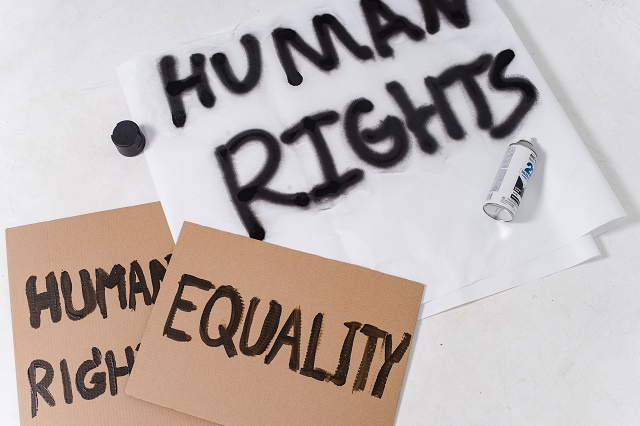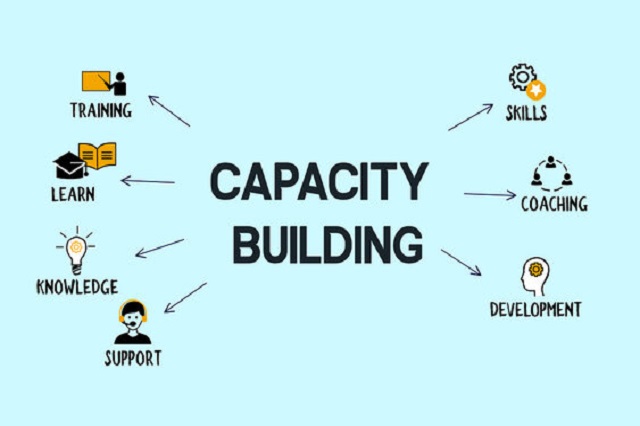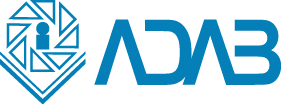Core Activities
ADAB, as a coordinating and representative body, works primarily with its Member Organizations (MOs), government and other institutions relevant to policy and strategic issues for organizational development and management.
Coordination and Networking
A very basic work of any network is coordination and ADAB poses strong coordination among its stakeholders in order to develop networking. The networking and coordination work of ADAB involve its member organizations, government agencies, civil society organizations, development partners, media, technical organizations, and other networks. It works for establishing and strengthening the GO-NGO relationship for creating enabling environment for NGO works.
Policy Advocacy
ADAB used to take various advocacy and campaign initiatives for bringing changes in policy and legislation for the greater interest of the mass people. It also facilitates any emerging issues related to NGO regulation and operation. ADAB usually advocates for formulating new policies and changing the existing policies to cope with changed situations and requirements in the specific field. It continues advocacy and networking with its partners, actors in policy-making, local and national level civil society members, media, and others stakeholders of the development sectors.
Rights Promotion
All programs and activities of ADAB are aimed at upholding the rights and privileges of deprived people and defending the people whose rights are violated. The basic instruments for the promotion of rights are the different UN Conventions and Declarations, assertions of the Bangladesh Constitution, and relevant laws and acts.
Capacity Building
Since the early stage of ADAB, the capacity building of MOs has been recognized as one of its core functions. ADAB usually provides support to the Member Organizations both in the areas of organizational development and proper implementation and quality control of their programs through institutional policy development, governance, training, mentoring, and monitoring.





